Former Nigerian military president Ibrahim Babangida, in his recently published memoir titled A Journey in Service, lifts the veil on the events surrounding the controversial June 12, 1993 elections annulment. Babangida points the finger at then Chief of Defence Staff, General Sani Abacha, and his military associates for orchestrating the annulment without getting a nod from him. Though Babangida formally assumes responsibility, he places the actual maneuvering at the feet of Abacha, highlighting a complex web of military politics that led to one of Nigeria's most contentious electoral crises.
The Election Day Drama
The 1993 presidential election was a historic moment for Nigeria. The Social Democratic Party's Moshood Abiola emerged as the winner after a tense electoral battle. But there was a hitch. Legal wranglings and court orders cast clouds over the process. On June 10, a judicial mandate from the Association for a Better Nigeria (ABN) sought to halt the elections, raising alarms throughout the country. Babangida recounts in his book how he was in favor of proceeding with the voting despite these challenges. Yet, behind the scenes, it appears a different narrative was unfolding.
The then NEC Chairman, Humphrey Nwosu, was suddenly caught in the crossfire. The revelation that Nwosu abruptly stopped announcing results on June 16 hints at pressures from Abacha's faction, eager to alter the political landscape. Babangida claims he neither approved nor supported these maneuvers, indicating he was outmaneuvered by Abacha’s growing influence.
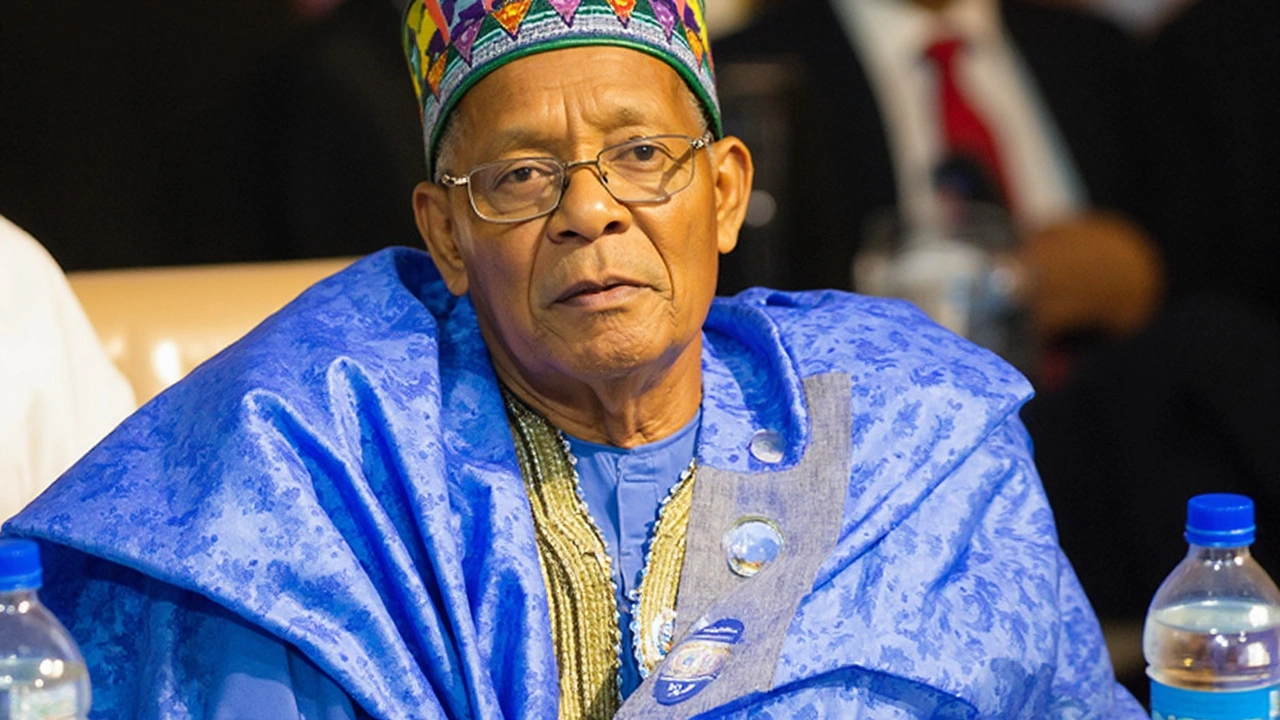
The Shadow of Abacha
Babangida's memoir gives us a peek into the power dynamics within the military. Abacha, a commanding force, was slowly consolidating control. Babangida recalls being in Katsina during the June 23 annulment announcement. The shock waves of this decision reverberated through the country, signaling not just an election's end but the start of Abacha’s strengthened grip on power. Babangida paints a picture of a regime unable to resist Abacha’s machinations, attributing his inability to counter the annulment to Abacha's entrenched military power. This deep-seated influence would later embolden Abacha to launch a coup, ousting the interim government put in place after the annulment.
For historical observers, Babangida's revelations underscore the interplay of ambition, power, and the military’s role in shaping Nigeria’s political journey. The June 12 election remains a pivotal moment, reflecting not just the aspirations of a nation but the complexities of military involvement in governance.

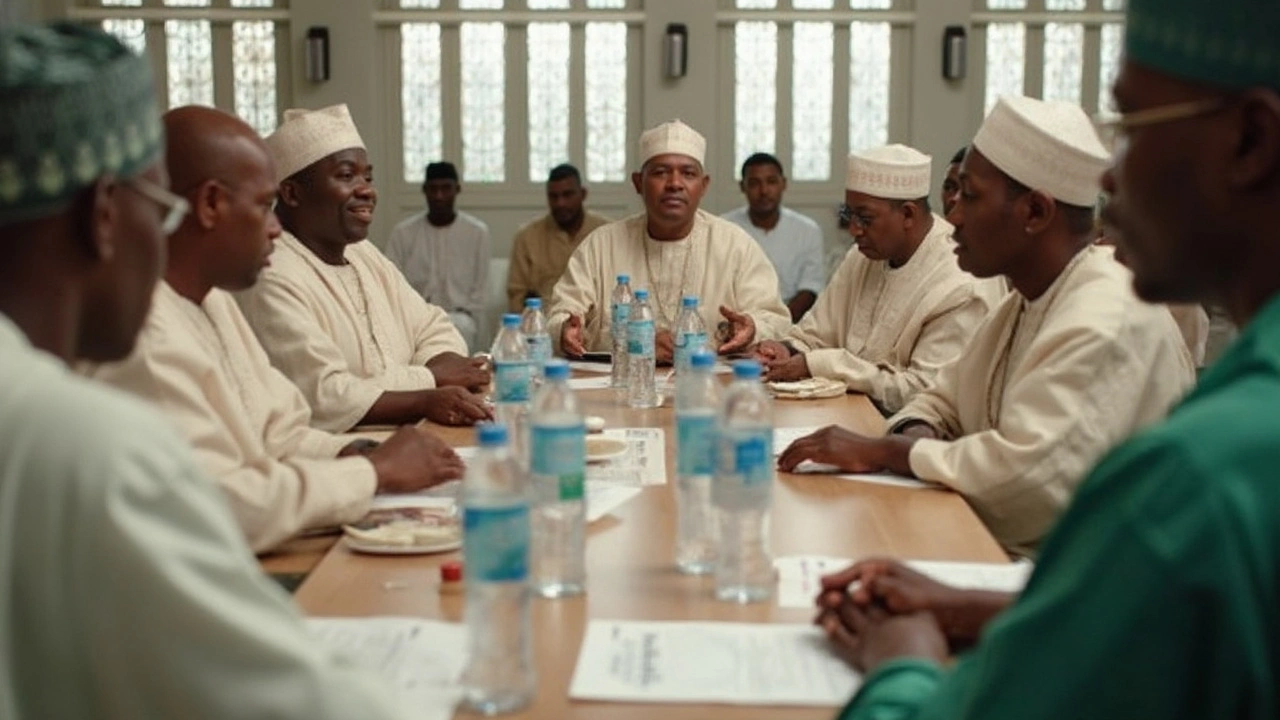
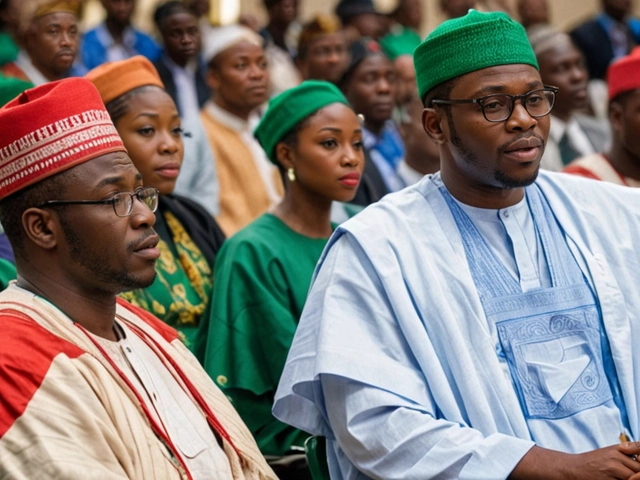
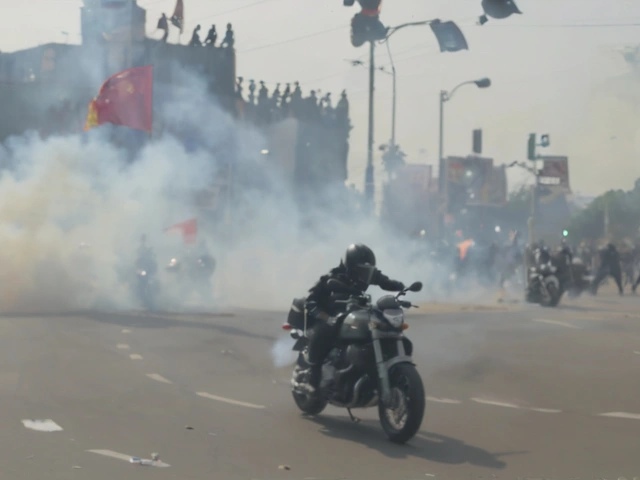
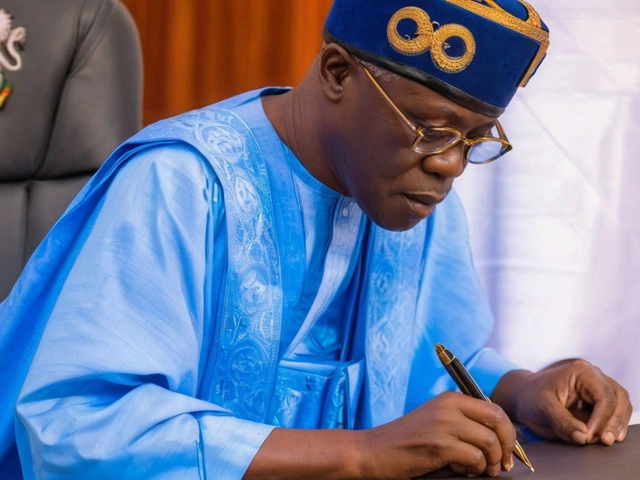
Comments
Reading Babangida’s memoir feels like opening a window onto a stormy night, where every gust of wind carries a whisper of intrigue, and each whisper, if listened to, reveals the tangled web of military ambition, personal loyalties, and the fragile hope of a nation yearning for democracy, it reminds us that history is never a straight line, but a mosaic of decisions, actions, and unintended consequences, we should therefore appreciate the courage to admit fault, while also recognizing the collective responsibility that binds leaders and citizens alike.
The memoir adds nuance to a known story; it highlights unseen pressures.
From a strategic standpoint, the June 1993 crisis underscores the perils of unchecked power consolidation within a quasi‑civilian hierarchy, where the diffusion of command structures can be weaponized by hard‑liners to subvert legitimacy, ultimately eroding the institutional integrity of both the armed forces and the nascent democratic framework.
Yo folks, this shows how power games can flip a nation’s destiny in a blink, and the military’s internal hustles can shadow the people’s will.
It’s a reminder that even the highest offices are vulnerable to unseen currents; reflecting on this can help us foster a more vigilant civic culture.
Interesting perspective on Abacha's role.
OMG this is just typical powerplay, the kind of drama you see in every military‑run saga, and the way they hide behind paperwork is straight out of a thriller, lol.
Seems like another version of the same story, just with different names on the page.
The narrative conveniently sidesteps the strategic imperatives that drove the annulment, focusing instead on personal vendettas; a deeper look reveals that safeguarding national cohesion was the hidden agenda behind the move.
Indeed, the interplay of personal ambition and perceived national interest creates a complex tapestry, one that defies simplistic blame‑games, and it merits a thorough examination beyond headlines.
When we peer into the shadows of that pivotal June, we unearth layers of human aspiration, fear, and the relentless pursuit of power; the memoir peels back the veneer of official narrative, exposing the raw underbelly of a regime wrestling with its own identity. Each chapter reads like a theatre of paradoxes, where the very architects of order become the architects of chaos. Abacha's ascent, as depicted, is not merely a climb up the chain of command but a metamorphosis spurred by an insatiable thirst for control, echoing ancient tales of ambition turned hubris. The author’s confession, while ostensibly an act of contrition, also serves as a mirror reflecting the fractured consciousness of a nation caught between hope and disillusionment. Readers are invited to contemplate how personal loyalties can eclipse constitutional duties, a lesson that reverberates through history. The interplay between civilian aspirations and military machinations forms a recurring motif, reminding us that democracy's fragility often lies in the hands of those sworn to protect it. Moreover, the memoir underscores the paradox of memory: that truth can be both a weapon and a balm. In the quiet moments of introspection, Babangida’s words resonate with the melancholy of a leader who recognizes the cost of his era’s choices, yet remains haunted by the specter of what could have been. The chronicle, therefore, is not just a recounting of events but a philosophical inquiry into the nature of authority, legitimacy, and the inevitable decay of unchecked power. It challenges us to ask whether the shadows cast by that election still linger over contemporary governance, and whether the lessons learned have been heeded or buried. Ultimately, the narrative is an invitation to engage with history not as a static tableau but as a living dialogue, urging each of us to examine the threads that bind past and present.
The account highlights how military decisions can ripple through society, shaping political trajectories for decades.
🤔💡📚
Truth lies hidden beneath the official veneer, waiting for curious minds to uncover it.
The piece reads like a recycled narrative, lacking fresh insight and failing to challenge established interpretations.
While the critique raises valid points, it's also important to recognize the memoir's contribution to our collective understanding of that era.
👍 A balanced take adds depth to the conversation.
A concise take on the power dynamics at play.
Absolutely, the memoir shines a light on the hidden mechanisms, and we must dig deeper, question every motive, and ensure history repeats only the lessons, not the mistakes!!!